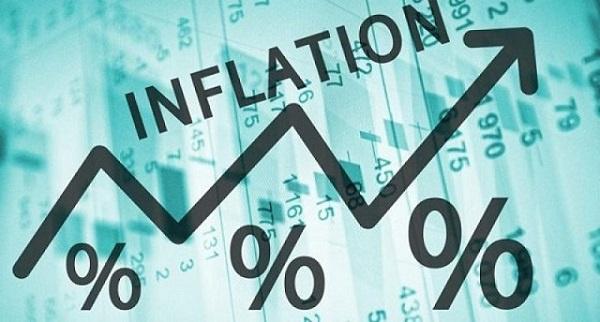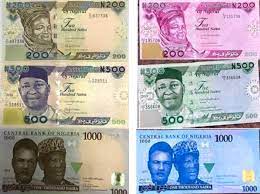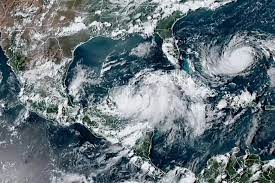
The annual inflation rate in Nigeria increased to 24.08 percent in July from 22.79 percent the previous month, according to the National Bureau of Statistics (NBS) on Tuesday.
According to the NBS, the headline inflation rate was 4.44 percentage points higher year on year compared to the rate reported in July 2022, which was 19.64 percent.
“This shows that the headline inflation rate (year-on-year basis) increased in July 2023 when compared to the same month in the preceding year (i.e., July 2022),” it said.
According to the data, food inflation jumped to 26.98% in July, up from 25.25% in June.
Although food costs have been rising in Nigeria in recent years, the situation has exacerbated as a result of government initiatives such as the withdrawal of petrol subsidies, among others.
President Tinubu declared the elimination of the fuel subsidy on May 29 at his inauguration. With the ensuing rise in product and service costs, this situation has put a lot of Nigerians through hardship.
In addition to eliminating subsidies, the Central Bank of Nigeria (CBN) also announced the unification of all segments of the foreign exchange (FX) market as part of initiatives to increase market transparency and inspire trust among investors.
Although the program has received widespread praise for being essential and well-intentioned, it has increased pressure on the local currency and manufacturers, which has had an impact on costs.
Inflation has remained high in Africa’s largest economy, prompting the apex bank to hike interest rates to their highest levels in nearly two decades.
In July, the Central Bank of Nigeria (CBN), raised its benchmark lending rate to 18.75 per cent.
The bank said, “hiking the interest rate has made a lot of difference in moderating the rate of inflation”.
It highlighted that the option of continuing the policy rate rise, albeit gradually, provided a compelling alternative based on the anticipated liquidity inflows into the economy from recent attempts to integrate the country’s foreign currency markets.





